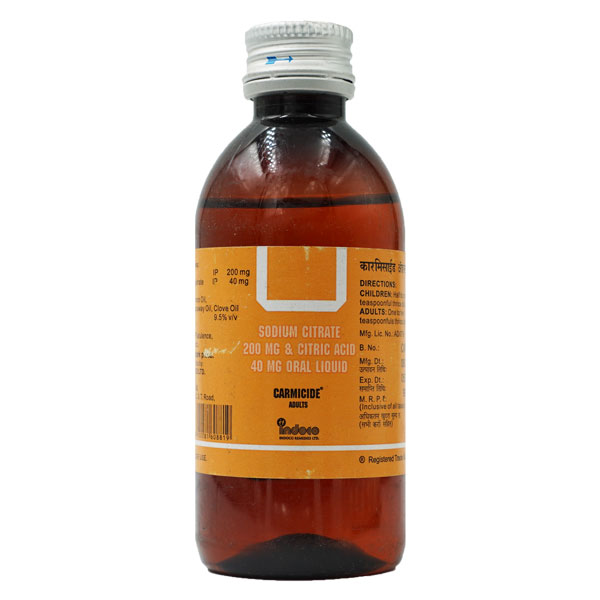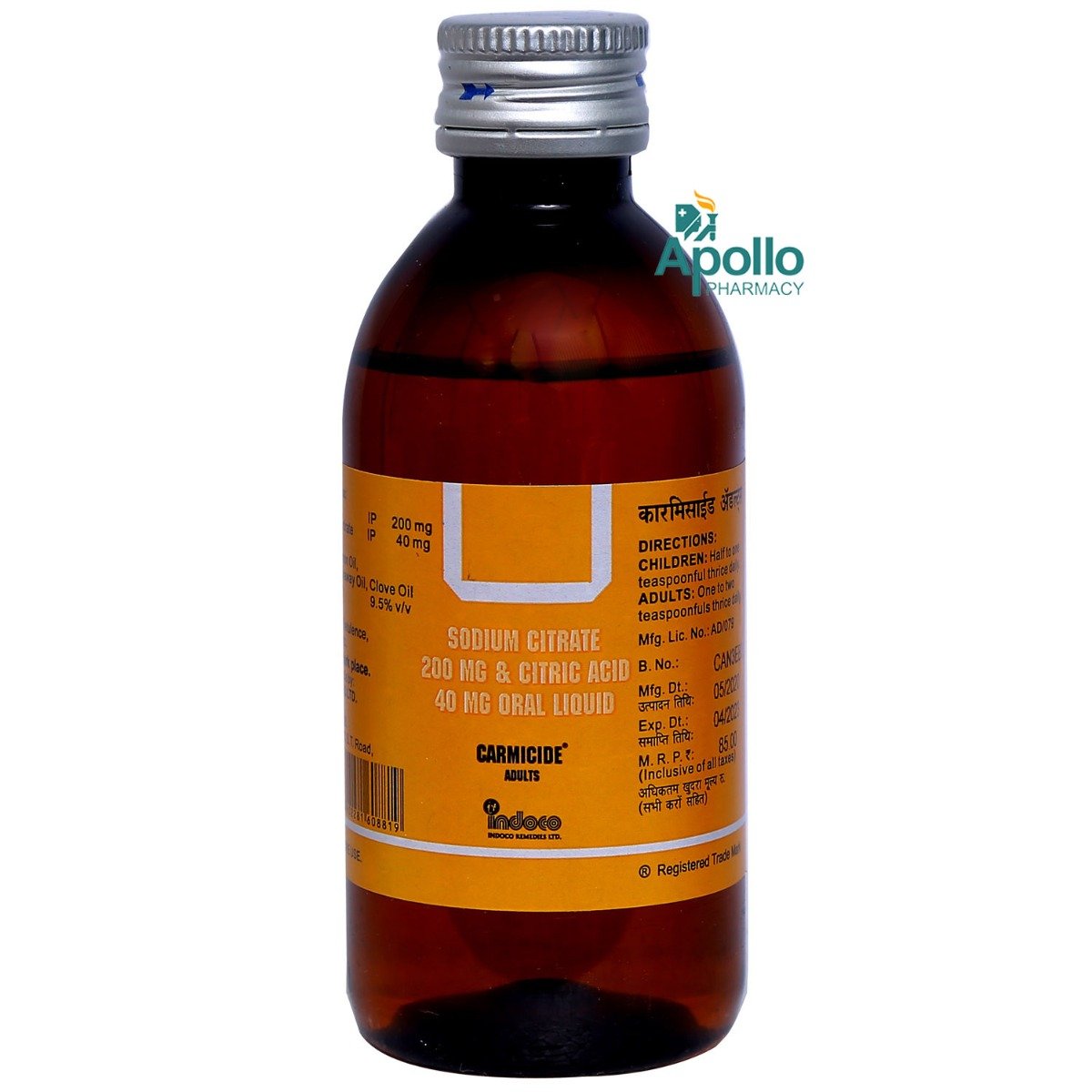Citric Acid+sodium Citrate
About Citric Acid+sodium Citrate
Citric Acid+sodium Citrate belongs to the class of medications called ‘Alkalinizing agents’ used to prevent gout, kidney stones, and treat metabolic acidosis in patients with kidney diseases. Gout is a type of arthritis in which uric acid crystals are deposited in the joints leading to severe pain, redness, and swelling in the joints. A kidney stone is a condition in which hard deposits are accumulated in the kidney forming stones. Metabolic acidosis is a condition in which excess acid is accumulated in the body due to kidney failure.
Citric Acid+sodium Citrate is a combination of two medicines: Citric acid and Sodium citrate. Citric acid prevents the formation of deposits by binding with the salts, and it also breaks down the small deposits that are beginning to form. Sodium citrate is metabolized to sodium bicarbonate in the body. It is alkaline in nature and works by neutralizing the acids in the blood and urine, thereby preventing the accumulation of salts in the body.
You should take this medicine as prescribed by your doctor. Citric Acid+sodium Citrate may cause side-effects such as diarrhoea, upset stomach, nausea, and vomiting. These side-effects are mild and temporary. However, inform your doctor if any of these side-effects persist or get worsen.
Do not take Citric Acid+sodium Citrate if you are allergic to Citric acid, Sodium citrate, or any other ingredients present in it. It should not be used in patients with severe kidney failure, severe heart damage, severe dehydration, heat cramps, Addison’s disease (an adrenal gland disorder), and hyperkalemia (high potassium levels in the blood). Before taking Citric Acid+sodium Citrate, inform your doctor if you have hypertension (high blood pressure), heart attack history, oedema (fluid retention), urinary problems, or chronic diarrhoea. Inform your doctor if you are pregnant or breastfeeding.
Uses of Citric Acid+sodium Citrate
Medicinal Benefits
Citric Acid+sodium Citrate is a combination of two medicines: Citric acid and Sodium citrate. Citric acid prevents the formation of deposits by binding with the salts, and it also breaks down the small deposits that are beginning to form. Sodium citrate is metabolized to sodium bicarbonate in the body. It is alkaline in nature and work by neutralizing the acids in the blood and urine. Citric Acid+sodium Citrate reduces the crystallization of stone-forming salts such as calcium oxalate (in kidney stones) and uric acid (in gout) effectively.
Directions for Use
Storage
Side Effects of Citric Acid+sodium Citrate
- Diarrhea
- Upset stomach
- Nausea
- Vomiting
Drug Warnings
Citric Acid+sodium Citrate should be used with caution in patients with kidney disease, heart diseases, hypertension (high blood pressure), electrolyte imbalances, urination problems, toxaemia of pregnancy (high blood pressure during pregnancy), oedema (swelling), and chronic diarrhoea. Do not take antacids without consulting your doctor while using Citric Acid+sodium Citrate as it may lead to electrolyte imbalances. Do not take food containing sodium bicarbonate (baking soda) or foods high in salt as they may worsen your condition. Stop using Citric Acid+sodium Citrate and consult a doctor immediately if you notice muscle twitching, swelling, weakness, mood changes, weight gain, increased heart rate, black or tarry stools, severe diarrhoea, or convulsions (fits) while using Citric Acid+sodium Citrate.
Drug Interactions
Drug-Drug Interactions: Citric Acid+sodium Citrate should not be used with an antacid containing aluminium (aluminium hydroxide) as it may cause aluminium toxicity, other antacids, pain killer (aspirin), antipsychotic medication (lithium), a medication used to treat urinary tract infection (methenamine), and a medication used to treat arrhythmia (quinidine).
Drug-Food Interactions: Avoid foods containing sodium bicarbonate (baking soda) and high amounts of salt.
Drug-Disease Interactions: Citric Acid+sodium Citrate should be avoided in patients with electrolyte imbalances, inflammatory bowel disease, intestinal blockage, severe dehydration, urination problems, heart failure and Addison’s disease (adrenal gland disorder).
Drug-Drug Interactions Checker List:
Safety Advice

Alcohol
unsafeAlcohol consumption may worsen your health condition.

Pregnancy
cautionCitric Acid+sodium Citrate should not be used in pregnant women with high blood pressure.

Breast Feeding
cautionCitric Acid+sodium Citrate should be used with caution in breastfeeding mothers as it is unclear whether it passes into breast milk.

Driving
safe if prescribedCitric Acid+sodium Citrate may not affect your ability to drive.

Liver
cautionCitric Acid+sodium Citrate can be used in patients with liver diseases if prescribed.

Kidney
cautionCitric Acid+sodium Citrate should be used with caution in patients with kidney diseases. Dose adjustments may be necessary.

Children
cautionCitric Acid+sodium Citrate should be used with caution in children.
Habit Forming
Diet & Lifestyle Advise
- Drink plenty of fluids.
- Limit consumption of spinach, wheat bran, nuts, beets and dairy products.
- Avoid high salt intake and foods containing baking soda.
- Do not take vitamin C and calcium supplements without your doctor’s advice.
Special Advise
- It is essential to follow a specific diet plan created by your nutritionist to control the health condition.
- Your doctor may advise you to take blood and urine tests while using Citric Acid+sodium Citrate to examine your health condition and ensure that this medicine treats your condition.
Patients Concern
Disease/Condition Glossary
Gout: It is a type of arthritis in which patients experience severe pain, redness, and swelling in joints. The most common affected area is the joint at the base of the big toe. Patients with gout may often experience acute attacks that result in sudden and severe pain. It occurs due to a condition called hyperuricemia (high uric acid levels in the body). The excess uric acid deposit and crystallize in the joints leading to pain and inflammation.
Kidney stones: It is a condition in which hard deposits occur in the kidney leading to stones. A kidney stone comprises mainly four types: calcium oxalate, uric acid, struvite and cystine. It is due to the increased level of uric acid in the body. As a result, uric acid crystals start depositing in the kidney, known as renal calculi/nephrolithiasis/urolithiasis.
Metabolic acidosis: It is a condition in which excess acid is accumulated in the body due to the kidney's inability to remove excess acid from the body. It can be of various types such as lactic acidosis (build-up of lactic acid), diabetic acidosis (build-up of ketone bodies), and hyperchloremic acidosis (build-up of sodium bicarbonate). It is mostly seen in patients with kidney impairment.
FAQs
Citric Acid+sodium Citrate is a combination of two medicines: Citric acid and Sodium citrate. Citric acid and sodium citrate are alkaline in nature and work by neutralizing the blood and urine acids.
Citric Acid+sodium Citrate may cause diarrhoea with prolonged use. So, please do not use it more often than recommended by your doctor.
Citric Acid+sodium Citrate should not be used along with antacids as it may cause electrolyte imbalances. So, before taking Citric Acid+sodium Citrate, inform your doctor about all the prescription or non-prescription medicines you are taking.
Citric Acid+sodium Citrate should be taken within 30 minutes after meals to prevent gastrointestinal side-effects such as the upset stomach, vomiting, and diarrhoea. It is also recommended to drink plenty of fluids to prevent side-effects.
A Citric Acid+sodium Citrate can be used in elderly patients diagnosed with gout, kidney stones, or metabolic acidosis when prescribed by your doctor.







